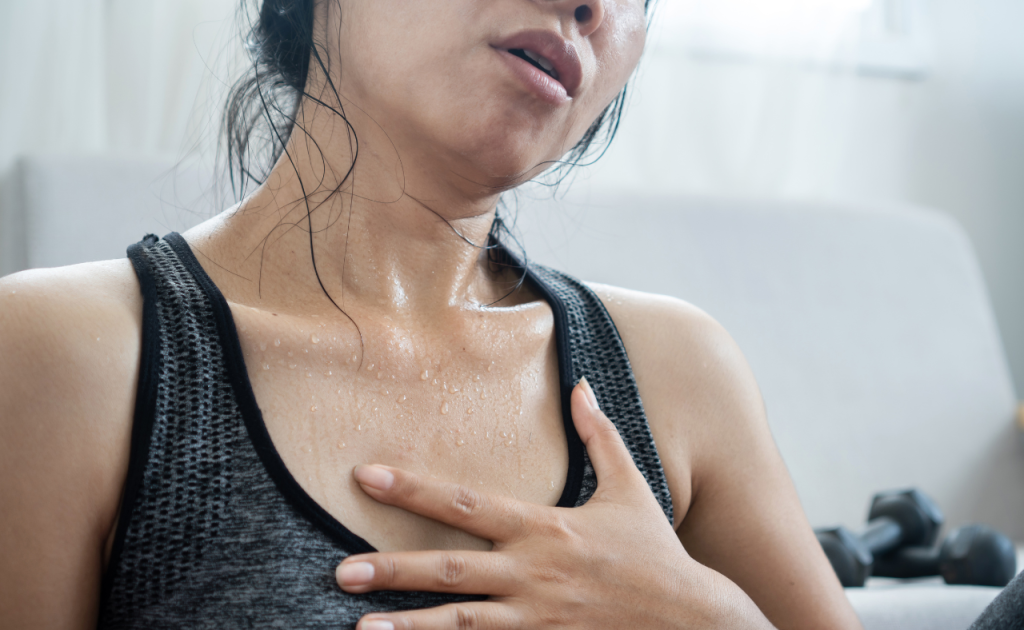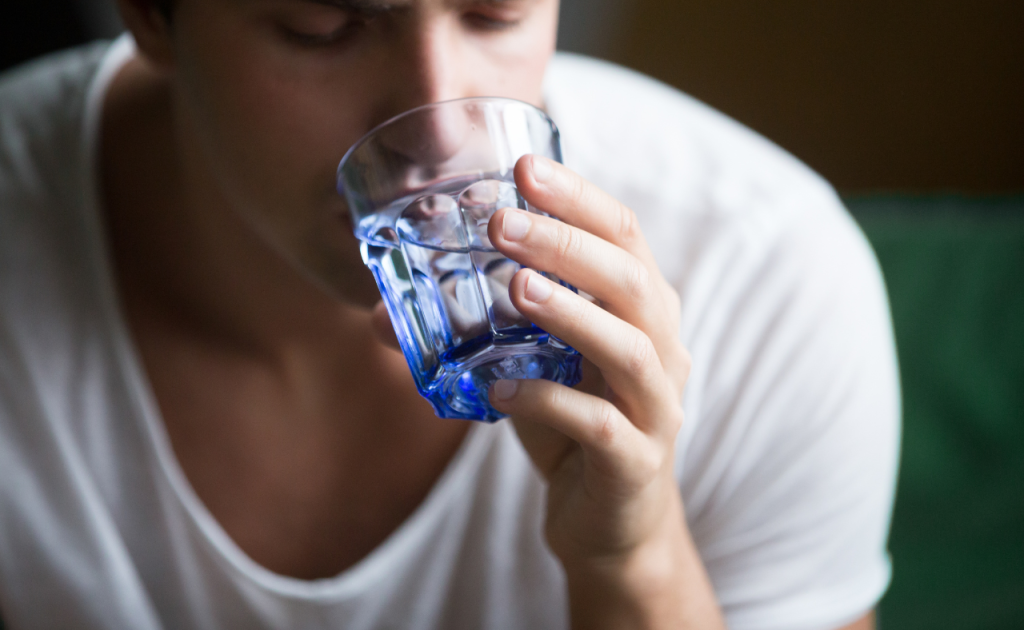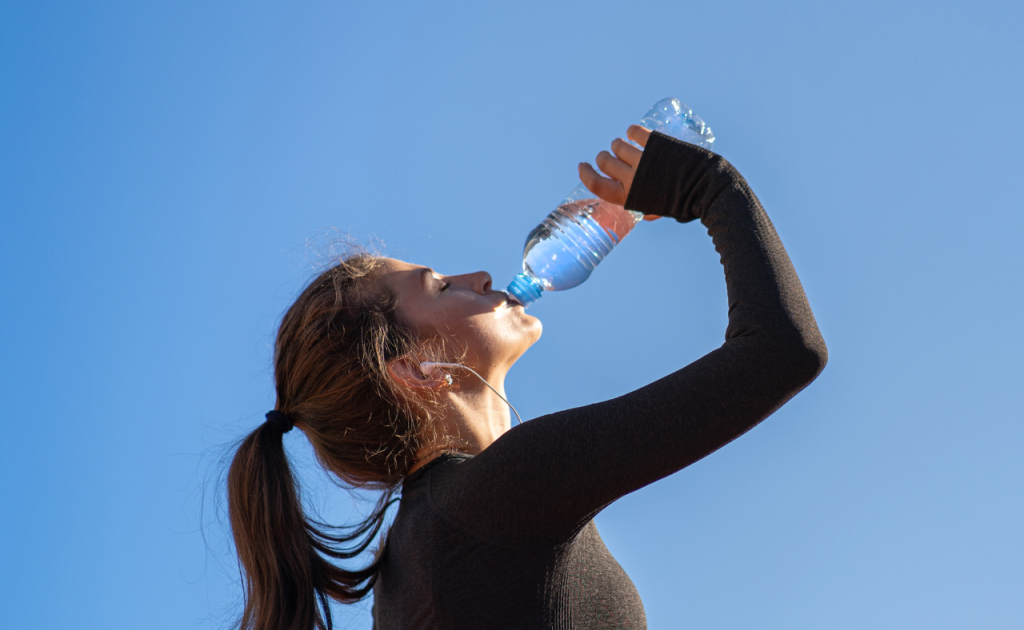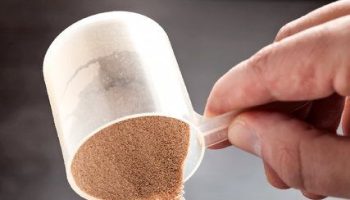Extreme hot weather can be both uncomfortable and dangerous, especially when it comes to staying hydrated. As temperatures soar, the risk of dehydration increases significantly. Dehydration occurs when your body loses more fluids than it takes in, which can lead to serious health issues if not addressed promptly. Understanding how to prevent dehydration during hot weather is essential for maintaining your health and well-being. This article will provide you with practical tips and strategies to help you stay hydrated and avoid the adverse effects of extreme heat.
As summer heat waves intensify and temperatures climb to unprecedented levels, the risk of dehydration becomes more pressing. Dehydration can lead to a range of health problems, from mild discomfort to life-threatening conditions. The body’s ability to regulate temperature and maintain fluid balance is compromised in extreme heat, making it crucial to stay vigilant about hydration. This article will explore effective methods to prevent dehydration, offer tips on recognizing the signs of dehydration, and provide strategies for staying hydrated in hot weather. By following these guidelines, you can protect yourself and your loved ones from the dangers associated with extreme heat.
Understanding Dehydration
What is Dehydration?
Definition and Causes
Dehydration occurs when the body loses more fluids than it takes in, leading to an inadequate amount of water to support normal bodily functions. It can result from various factors, including excessive sweating, inadequate fluid intake, and certain medical conditions. During hot weather, the body loses more water through sweat and increased urination, making it easier to become dehydrated.
Symptoms of Dehydration
Symptoms of dehydration can range from mild to severe and may include dry mouth, dark urine, dizziness, and fatigue. Severe dehydration can lead to more serious symptoms such as rapid heartbeat, sunken eyes, and confusion. Recognizing these symptoms early is crucial for taking prompt action to rehydrate and prevent further health complications.
Risks of Dehydration

Health Complications
Dehydration can have serious health implications, including heat exhaustion, heat stroke, and kidney damage. Heat exhaustion occurs when the body overheats and becomes unable to cool itself effectively, leading to symptoms such as heavy sweating, weakness, and nausea. Heat stroke is a more severe condition that requires immediate medical attention and can be life-threatening if not treated promptly.
Impact on Physical Performance
In addition to health risks, dehydration can impair physical performance and cognitive function. When dehydrated, the body struggles to maintain energy levels, leading to decreased endurance, strength, and coordination. Staying hydrated is essential for optimal physical performance and overall well-being.
Effective Strategies to Avoid Dehydration
1. Increase Fluid Intake
Hydration Guidelines
To prevent dehydration, it is essential to increase your fluid intake, especially during hot weather. The general recommendation is to drink at least eight 8-ounce glasses of water per day, but this may vary depending on individual needs and activity levels. In extreme heat, you may need to consume more fluids to stay adequately hydrated.
Choosing the Right Fluids
Water is the best choice for hydration, but other fluids such as herbal teas and diluted fruit juices can also contribute to your daily fluid intake. Avoid beverages that can dehydrate you, such as alcohol and caffeinated drinks, as they can increase fluid loss and exacerbate dehydration.
2. Eat Hydrating Foods
Benefits of Hydrating Foods
Incorporating hydrating foods into your diet can help boost your fluid intake and support overall hydration. Foods with high water content, such as fruits and vegetables, provide additional hydration and essential nutrients.
Examples of Hydrating Foods
Some excellent choices for hydrating foods include watermelon, cucumbers, oranges, strawberries, and celery. These foods not only help with hydration but also offer vitamins and minerals that support overall health.
3. Monitor Fluid Loss

Recognizing Signs of Fluid Loss
Monitoring your fluid loss can help you stay on top of your hydration needs. Pay attention to signs such as increased thirst, dark urine, and reduced urine output. If you notice any of these symptoms, it may be a sign that you need to drink more fluids.
Adjusting Fluid Intake
Adjusting your fluid intake based on your activity level and environmental conditions is crucial. If you are engaging in physical activity or spending extended periods outdoors in hot weather, increase your fluid intake accordingly to compensate for the additional fluid loss.
4. Stay Cool and Rested
Importance of Staying Cool
Keeping your body cool can help reduce the risk of dehydration and heat-related illnesses. Use fans, air conditioning, or take cool showers to lower your body temperature and prevent overheating.
Rest and Recovery
Allowing your body to rest and recover is essential for maintaining hydration levels. Avoid overexerting yourself in extreme heat and take breaks in shaded or air-conditioned areas to cool down. Resting helps your body regulate temperature and conserve fluids.
5. Use Electrolyte Solutions
Role of Electrolytes
Electrolytes are essential minerals that help maintain fluid balance and support various bodily functions. When you sweat excessively, you lose electrolytes, which can contribute to dehydration and imbalances in the body.
Choosing Electrolyte Solutions
Electrolyte solutions, such as sports drinks or oral rehydration solutions, can help replenish lost electrolytes and support hydration. Opt for options with low sugar content and balanced electrolyte levels to avoid excessive calorie intake.
Recognizing Dehydration and Taking Action

Signs of Dehydration
Early Symptoms
Early symptoms of dehydration include dry mouth, thirst, and dark yellow urine. These signs indicate that your body needs more fluids and can be addressed by increasing fluid intake.
Severe Symptoms
Severe dehydration symptoms include rapid heartbeat, confusion, and fainting. If you experience these symptoms, seek medical attention immediately as they may indicate a more serious condition requiring prompt treatment.
Immediate Actions to Take
Rehydration Steps
If you notice signs of dehydration, take immediate steps to rehydrate by drinking water and consuming hydrating foods. Rest and avoid further exposure to extreme heat to allow your body to recover.
Seeking Medical Help
If symptoms of severe dehydration persist or worsen, seek medical help right away. Prompt medical intervention can prevent complications and ensure proper treatment.
Final Thoughts
Preventing dehydration during extreme hot weather is essential for maintaining your health and well-being. By increasing fluid intake, consuming hydrating foods, monitoring fluid loss, and taking measures to stay cool, you can effectively manage hydration and reduce the risk of heat-related illnesses. Remember that staying hydrated is not just about drinking water—it’s about making informed choices and being proactive in protecting yourself from the dangers of extreme heat.
By following these guidelines, you can enjoy the summer months with greater comfort and safety. Keep these tips in mind and stay vigilant about your hydration needs, so you can make the most of hot weather without compromising your health. Stay cool, stay hydrated, and enjoy a safe and enjoyable summer!







